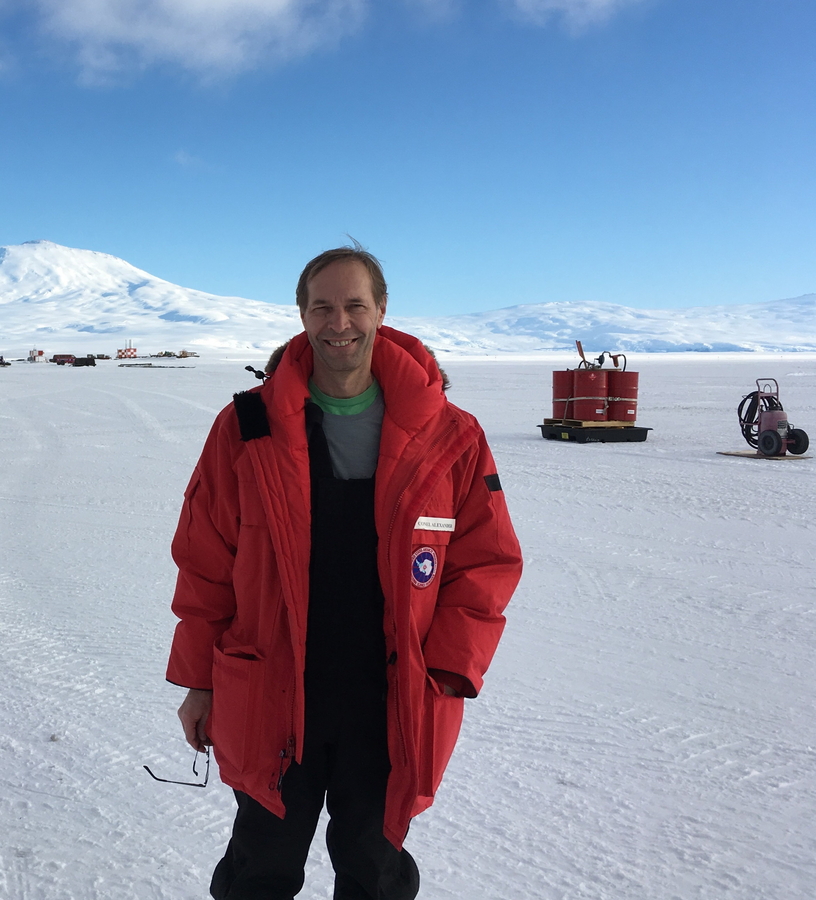‘Rocks’ from space have had a profound influence on the evolution of Earth – from the giant impact that created the Moon, to the asteroids that killed off the dinosaurs and, more locally, created the Chesapeake Bay, to tiny grains that may have brought prebiotic molecules that helped kick start life on Earth. The rate at which the Earth has accreted material from space has decayed dramatically since it formed. Nevertheless, ignoring the occasional large ‘hiccup’, some 30-40 thousand tons of extraterrestrial material fall to Earth every year as meteorites and cosmic dust. This has been a boon to science, providing samples of other stars and Mars, helping to develop our picture of the timescales and conditions at the birth of our Solar System, and providing constraints for how the terrestrial planets formed. In this talk, Alexander will review where and how meteorites and cosmic dust are collected, and what they have taught us about the origin and early evolution of our Solar System.
Dr. Conel Alexander, Deparment of Terrestrial Magnetism, Carnegie Science #SpaceRocks
